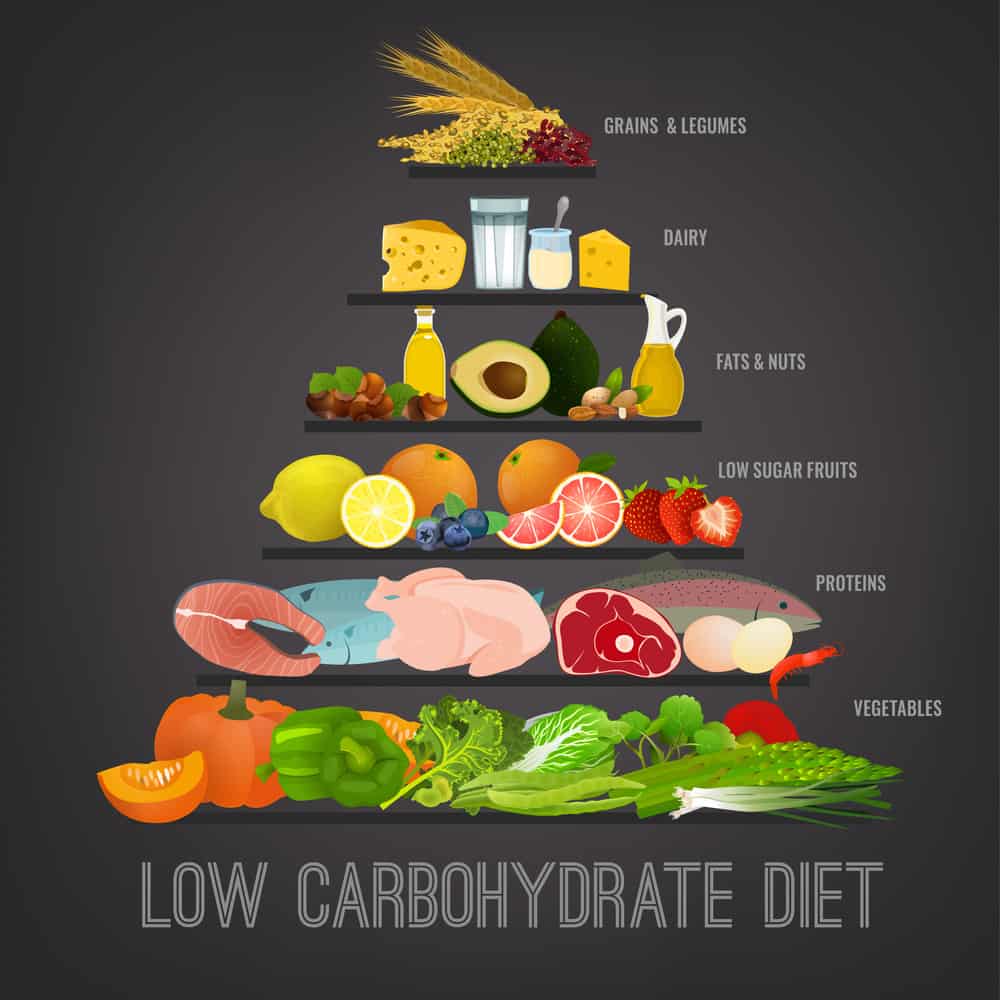How Obesity Is Affected By Hormones
More than 70 million people who live in the United States are considered obese due to their weight. Unfortunately, it is a growing problem that continues to occur.
People are often led to believe that obesity occurs because of the way the body responds to insulin. However, there is more reason to believe that obesity is more of a hormone problem than anything else. Maintaining a healthy weight is naturally more of a challenge for some people.
How Can Hormones Impact a Person’s Weight?
While it is common knowledge that hormones can impact a person’s mood, causing them to possibly feel irritated, emotional, or even sluggish, not everyone realizes that those same hormones can impact a person’s weight. Hormones have such an impact because they can influence an individual’s appetite and metabolism.
Certain hormones can cause people to feel hungrier, even if they have already consumed the ideal number of daily calories for their height and weight. Besides having the potential to make people feel like they need to eat more, some hormones can cause a decrease in metabolism, meaning it takes much longer for specific individuals to digest their food.
Those with faster metabolisms tend to digest their food faster and will often have an easier time losing weight or maintaining a healthy weight compared to those with a slower metabolism.
Is It Harder For Obese Individuals to Lose Weight?
While weight loss progress varies from one person to the next, those considered obese may struggle a bit more than those who are only slightly overweight. Obese individuals have higher levels of hormones that contribute to a slower metabolism, leading to a frustrating cause and effect that can keep them in a cycle of continually dealing with excess weight.
Restricting calories and watching carb consumption are two steps that obese individuals can take to start shedding pounds and reach a healthier weight. As they begin to lose weight, the hormonal imbalance may subside.
If the hormones start to balance themselves out, it may then become easier for these individuals to shed weight and maintain a healthy weight upon reaching it.
What Is the Best Approach to Take When Struggling With Obesity?
Someone who struggles with obesity should talk to their primary physician about their concerns. The physician may provide some useful advice, along with a referral to a weight-loss specialist who can provide further assistance. The specialist may provide plenty of nutritional advice that teaches individuals how to eat better and lose weight at a steady pace.
Learning to lose weight the healthy way is the best way for obese individuals to make progress and change their lifestyle for the better. While there is a lot of talk about obesity and the body’s response to insulin, hormones can also cause individuals to gain weight and struggle with getting in shape.
If your physician has told you that you are overweight or obese, it could be due to a hormonal imbalance. One of the best ways to become healthier is to work on achieving a hormonal balance by changing your lifestyle.
New to Keto? Check out the Keto Starter Guide!
The Keto Starter Guide is an amazing resource as you get started on your keto/low carb journey. This guide has everything you need to get started in 9 simple video lessons and also includes workbooks with step by step instructions for beginners.
- What’s a macro and why do I count them?
- How do I find the best recipes?
- What is ketosis and how do I get my body there?
- What fruits are allowed on a ketogenic diet?
- Will I get “Keto Flu” and what do I do about it?
Get the Keto Starter Guide today!
What Type of Hormones Affect Obesity?
While obesity as a hormone problem is truly a problem, you may be wondering what type of hormones can affect a person’s body weight.
- Leptin – This is one hormone that is known to affect obesity. Leptin is actually produced by fat cells, which means it is found in your bloodstream. Although Leptin is an appetite-reducing hormone, those who may be obese may not feel the full effects of Leptin. This can result in someone overeating because they just can’t feel the “full” feeling.
- Insulin – This is a tricky one. Those who struggle with obesity may also struggle with insulin issues. If you aren’t familiar with what insulin does, it regulates carbs and also metabolizes fat. When someone is obese, those insulin signals can be lost.
- Growth hormone – Although this isn’t as common or well-known, growth hormone can affect obesity. Growth hormone can actually affect metabolism. Growth hormones in those who are obese may be lower than those who weighs less.
These are just a few of the types of hormones that can affect obesity. Depending on your age, weight, and health – hormones can play an active role in weight loss or not losing weight, depending on the situation.
Be sure to pin this for later!












